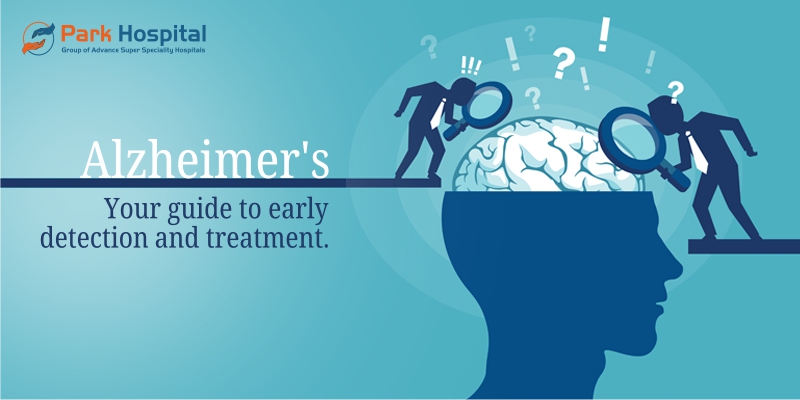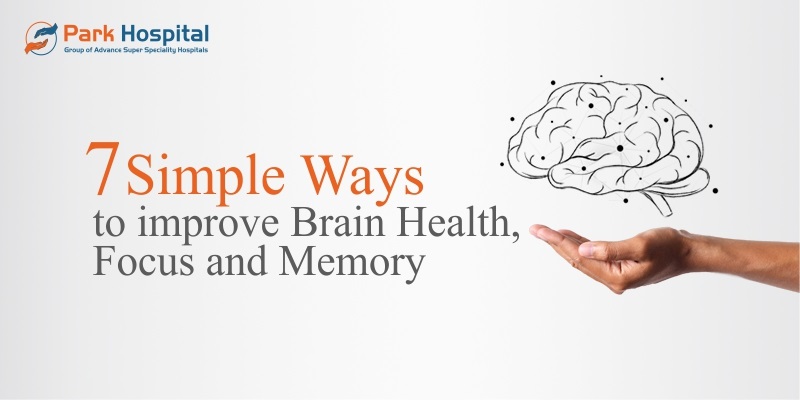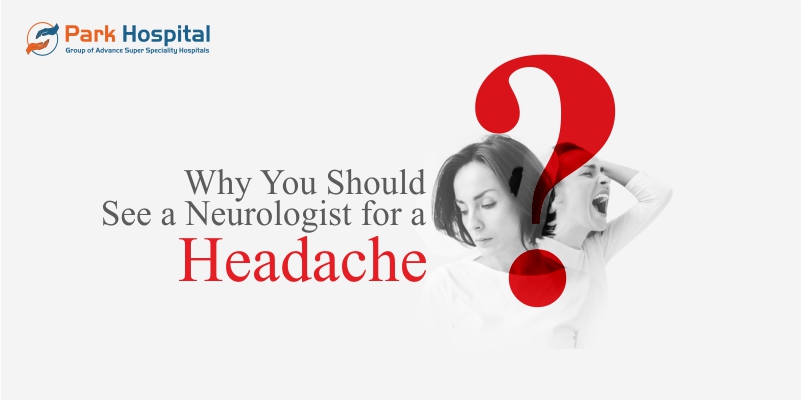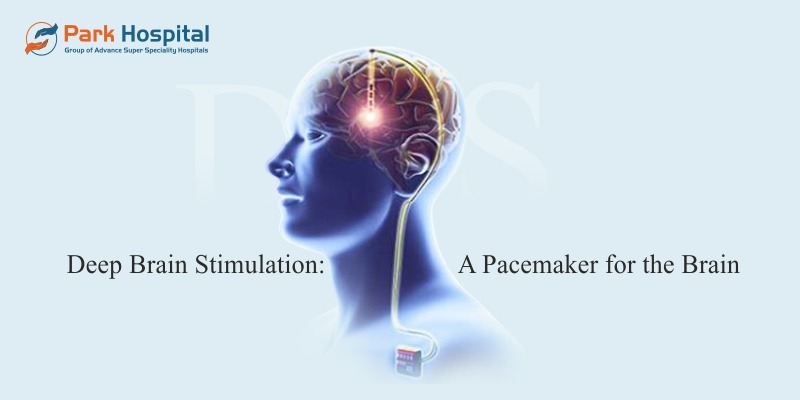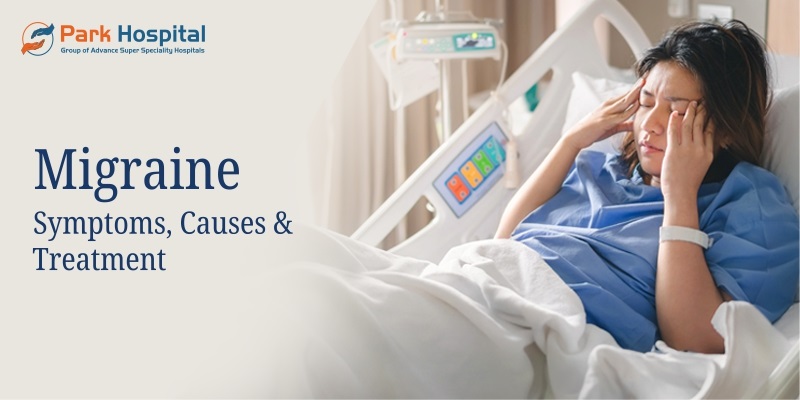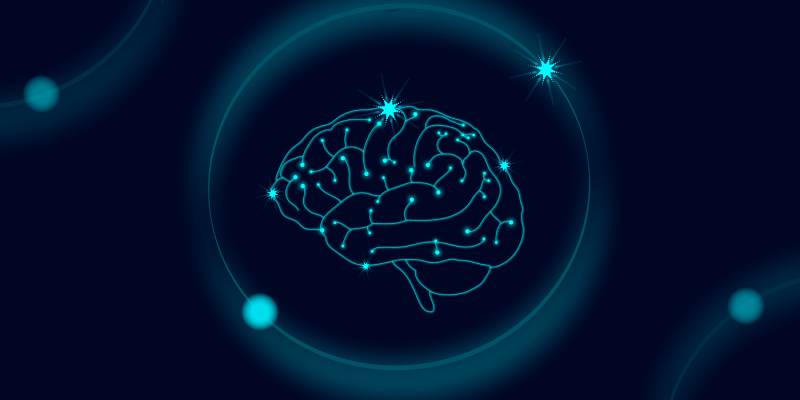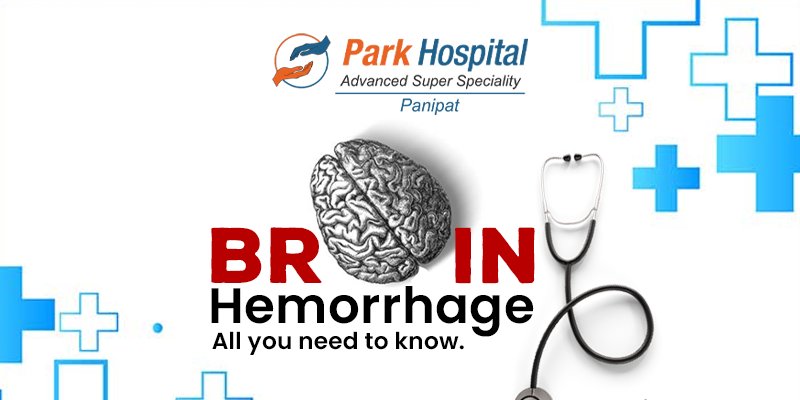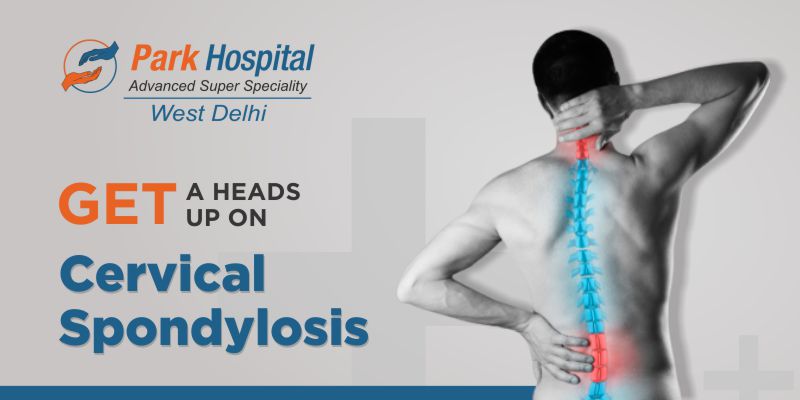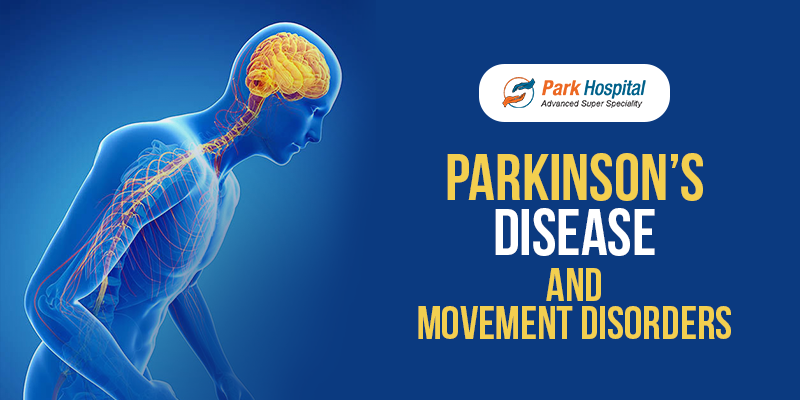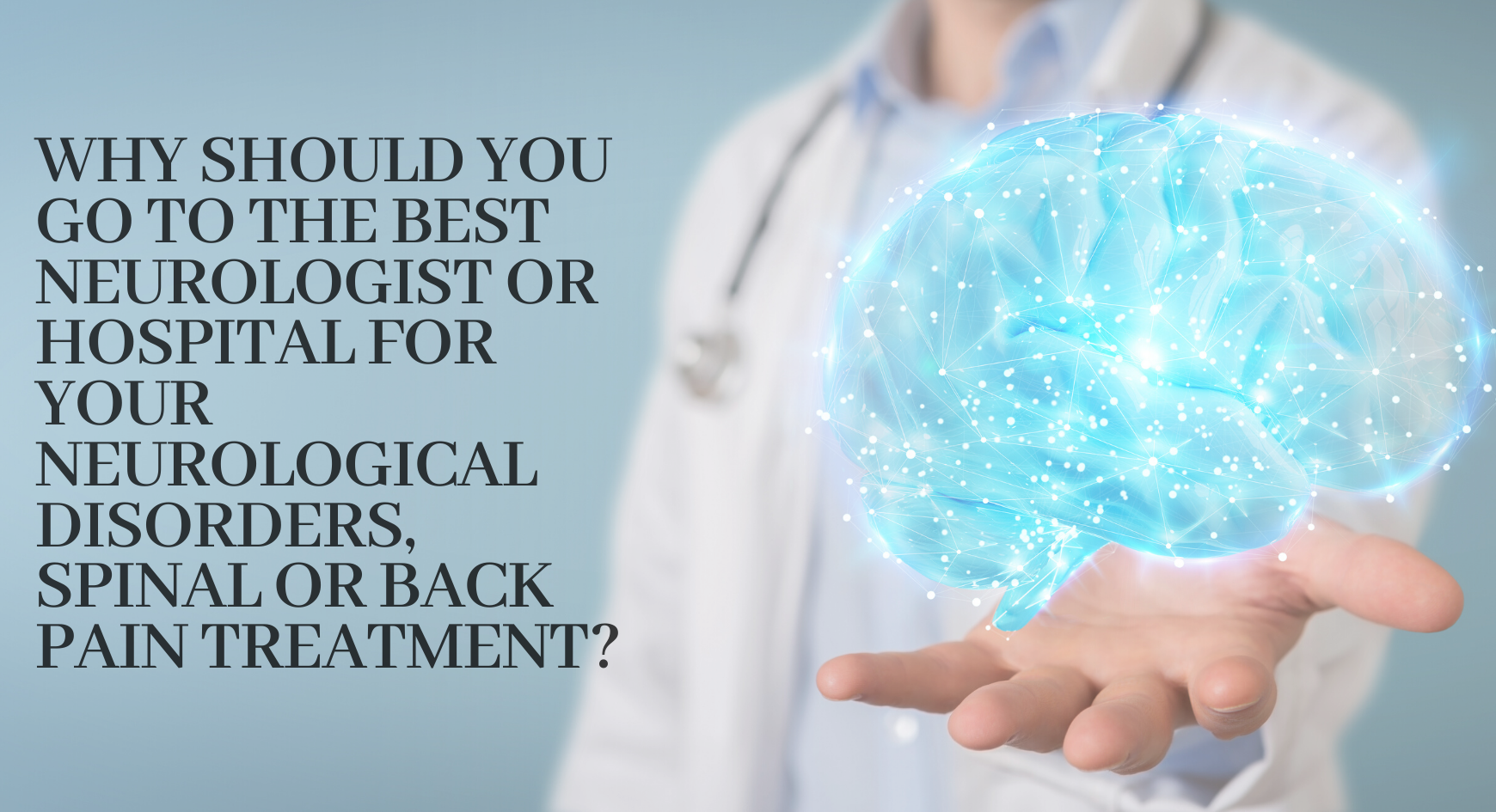What is Alzheimer�s disease?
Alzheimer�s disease is a progressive, neurodegenerative disease that occurs when nerve cells in the brain die resulting in impaired memory, confusion, restlessness, personality & behavior changes, impaired judgment, impaired communication, inability to follow directions, language deterioration, impaired thought processes, and emotional apathy.
Is Alzheimer�s disease, a form of Dementia?
Alzheimer�s disease is the most common form of dementia (60-70% of dementia, which is close to 30-40 million people getting affected with Alzheimer�s) that is distinct by characteristic changes in the brain visible under microscopic examination during autopsy which shows fiber tangles within nerve cells and clusters of degenerating nerve endings.
The disease is typically due to the imbalance of certain neurotransmitters such as acetylcholine, norepinephrine, and serotonin.
Why does anyone suffer from Alzheimer�s disease?
Following are some of the causes of Alzheimer�s disease �
Aging (likelihood doubles every 5 years after 65 years age)
family history (people with developed dementia over generations)
Genes (people affected with down�s syndrome are at high risk for Alzheimer�s)
Abnormal protein deposits in the brain
Problems in the immune system.
Untreated depression
Lifestyle factors and conditions associated with cardiovascular disease. (smoking, obesity, diabetes, high B.P., high cholesterol etc.)
How do you detect Alzheimer�s disease?
The most common symptoms are �
Short-term memory loss
Difficulty in performing familiar tasks
Disorientation to time and place
Poor judgment
Problems with thinking, language, recognition
Changes in mood or behavior
Loss of initiative
Changes in personality
Misplacing things
The evaluation above symptoms is followed by diagnostic tests such as mental status tests (tests of memory and other cognitive skills), neuropsychological testing, blood tests, lumbar puncture (spinal tap), urine analysis, chest x-ray, Electroencephalogram (EEG), CT scan, MRI, and genetic testing.
What are the treatments available for Alzheimer�s disease?
For symptomatic improvement and correcting the imbalance of neurotransmitters, there are medications such as �
Such a degenerative disease can be prevented by reducing your risk for cardiovascular disease (quitting smoking, minimizing alcohol consumption, eating at least five portions of fruits and vegetables daily, and doing 150 minutes of weekly physical exercise with a regular check on B.P., cholesterol levels, and diabetes). Apart from reducing CV risk factors, it is suggested to stay mentally and socially active as you are aging. Engage yourself in activities such as reading, learning new languages or anything that interests you, playing a musical instrument of your interest, participating with your peer and friendly social groups with whom you are comfortable, and engaging yourself in group activities. It is found that such engaging simple activities can stimulate your cognition and make you stay attentive and focused while aging. There are brain-training computer games that can also assist in improving cognition.
If your loved one is suffering from Alzheimer�s, consult our expert neurologist for accurate diagnosis and treatment at Park Hospital. Our Neurosciences department is a trusted specialty by many. We specialize in treating neurological diseases.

